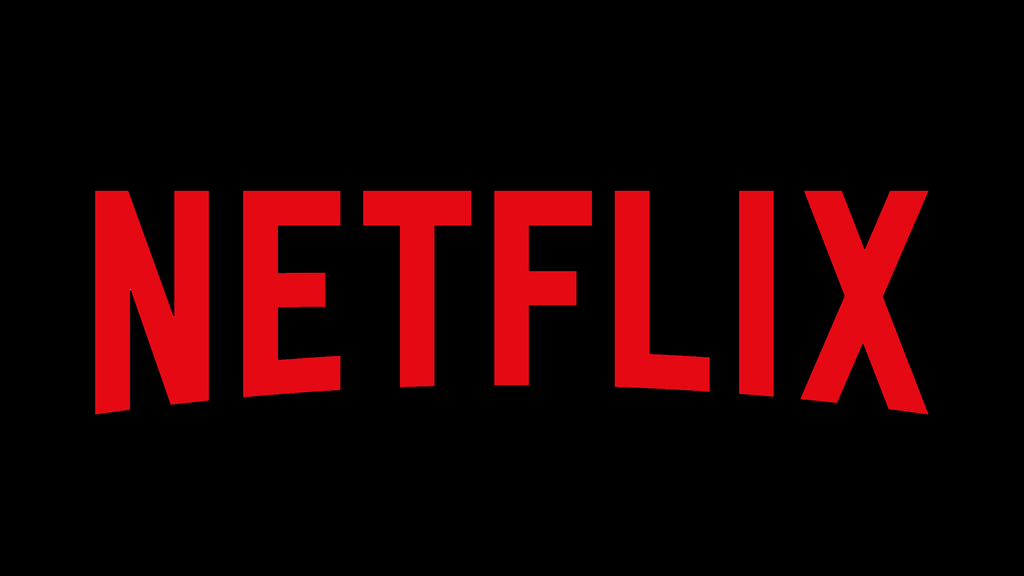
Netflix has categorically denied rumors of its exit from Nigeria, underscoring its commitment to nurturing local talent and amplifying the global appeal of Nollywood. Despite speculation fueled by recent developments, the global streaming giant reiterated its plans to continue investing in Nigerian stories. This strategic stance not only underscores Netflix’s interest in the region but also reflects broader challenges facing multinational corporations in Africa’s largest economy.
Debunking the Rumors: Netflix Stays the Course in Nigeria
The speculation about Netflix’s withdrawal from Nigeria was sparked by comments made by Kunle Afolayan, a celebrated filmmaker and Netflix collaborator, during the 2024 Zuma International Film Festival. Afolayan revealed the cancellation of several Nigerian film projects previously commissioned by Netflix, raising concerns about the platform’s satisfaction with its local operations.
Despite these comments, Netflix has swiftly quashed the rumors. In a statement to TechCabal, Netflix asserted:
“We are not exiting Nigeria. We will continue to invest in Nigerian stories to delight our audience.”
However, the company refrained from addressing the specific cancellations, leaving questions about its evolving strategy in Nigeria unanswered.
Navigating Economic Challenges in the Nigerian Market
Netflix’s challenges in Nigeria highlight the complex realities of operating in a volatile economic environment. With inflation soaring to 33.8% and the naira’s depreciation eroding purchasing power, Nigerian consumers face significant financial pressures. For many households, discretionary spending on entertainment subscriptions, such as Netflix’s standard plan priced at N7,000 ($4) per month, has become increasingly difficult to sustain.
The Rise of Affordable Alternatives
The economic squeeze has given rise to fierce competition among streaming platforms. Showmax, for instance, has capitalized on its affordability and tailored offerings, capturing a growing share of the Nigerian audience. By contrast, Netflix’s premium pricing and high production costs have constrained its growth, limiting its ability to compete effectively in this price-sensitive market.
Amazon Prime Video’s Exit: A Warning Sign?
The exit of Amazon Prime Video from Nigeria earlier in 2024 sent ripples through the entertainment industry. The platform cited profitability challenges after a short-lived foray into the Nigerian market. This move underscored the broader difficulties of navigating Nigeria’s unique economic and infrastructural hurdles, including unreliable electricity and high data costs.
Netflix’s Contributions to Nollywood
Since its entry into Nigeria in 2016, Netflix has played a pivotal role in elevating Nollywood’s profile on the global stage. The platform has invested over $23 million in licensing, co-productions, and original content, showcasing hits like Lionheart, King of Boys, and The Wedding Party 2. Collaborations with industry powerhouses, such as Mo Abudu and Kunle Afolayan, have brought Nollywood closer to international audiences.
Spotlight on Anikulapo
One of Netflix’s standout Nigerian projects is Kunle Afolayan’s Anikulapo. Celebrated for its compelling storytelling and rich cultural themes, the series became a critical and commercial success, further validating Netflix’s strategy of spotlighting authentic African narratives.
However, while these successes are notable, the platform has struggled to achieve widespread adoption. Industry analysts cite the dual burden of economic constraints and infrastructural challenges as significant barriers to Netflix’s market penetration.
Economic Realities: The Impact of Inflation and Disposable Income
Nigeria’s economic volatility has been a recurring theme for multinational corporations. Rising inflation, driven by food price hikes, foreign exchange shortages, and the removal of fuel subsidies, has significantly reduced disposable incomes. As households prioritize essentials, luxury services such as streaming subscriptions have taken a back seat.
The Data and Power Problem
Streaming services also contend with infrastructural barriers, including frequent power outages and high data costs. These challenges limit the accessibility of online entertainment for many Nigerians, further reducing the potential market for platforms like Netflix.
What Lies Ahead for Netflix in Nigeria?
Despite the challenges, Netflix’s continued investment in Nigerian content reflects a long-term strategy to build a sustainable presence in the region. The company’s efforts align with its broader mission to provide culturally diverse content that resonates with global audiences. However, Netflix may need to recalibrate its approach to better align with the economic realities of the Nigerian market.
Opportunities for Growth
- Localized Pricing Models: Introducing tiered pricing options or ad-supported plans could help Netflix appeal to a broader audience segment.
- Strategic Partnerships: Collaborations with local telecom providers could reduce data costs for consumers, making the platform more accessible.
- Nurturing Talent: Continued investment in local filmmakers and talent development programs could solidify Netflix’s reputation as a champion of Nollywood.
A Global Brand with Local Challenges
While Netflix’s commitment to Nigeria is evident, its success will hinge on its ability to adapt to the unique economic and cultural dynamics of the market. By addressing affordability and accessibility concerns, Netflix can strengthen its foothold in Nigeria and reaffirm its position as a key player in Africa’s burgeoning streaming industry.
A Test of Resilience and Strategy
Netflix’s journey in Nigeria is a microcosm of the challenges and opportunities that define the African entertainment market. While economic constraints and competition present formidable hurdles, the platform’s dedication to telling Nigerian stories offers a beacon of hope for the local film industry. As Netflix navigates this complex landscape, its ability to innovate and adapt will determine its long-term success in a country that holds immense potential for growth in digital entertainment.














 and then
and then